SOCIAL MEDIA FOR the HOSPITALITY sector
We provide a wide range of marketing services for restaurants, coffee shops, hotels, bars and nightclubs.
Strategy
Having a clear marketing strategy is essential for independent hospitality businesses to succeed in a highly competitive market.
A well-crafted marketing plan enables hospitality businesses to differentiate themselves from their competitors, increase brand awareness, and generate customer loyalty. Without clear marketing plans, independent hospitality businesses risk losing market share to competitors who have a more compelling message and a better understanding of their target audience.
Moreover, a clear marketing pathway helps independent hospitality businesses allocate their resources effectively and measure the success of their marketing efforts. By developing a clear plan, independent hospitality businesses can create a roadmap for their business that outlines their goals, objectives, and tactics, ensuring that they remain focused and aligned with their overall business objectives.
Additionally, this can help independent hospitality businesses to build a strong reputation, generate positive reviews, and drive customer engagement, ultimately leading to increased revenue and profitability.
Content
Creating unique social media content for a restaurant or coffee shop business is crucial to stand out from the competition and build a loyal following of customers.
While it may be tempting to copy what others are doing, it ultimately does not provide any competitive advantage or differentiation. Unique content allows restaurants and coffee shops to showcase their brand personality and values, develop a voice that resonates with their target audience, and create memorable experiences that foster customer engagement and loyalty. By creating original content, restaurants and coffee shops can also demonstrate their expertise, highlight their menu, and provide value to their followers, establishing themselves as thought leaders in their industry.
Furthermore, unique content can drive traffic to a restaurant or coffee shop's website, increase social media engagement, and ultimately lead to increased sales and customer loyalty. Overall, creating unique social media content is an essential component of a successful restaurant or coffee shop marketing strategy.
Delivery
Delivering social media content across multiple platforms in the most effective way is crucial for restaurants, coffee shops, and bars to maximise their reach, engagement, and impact.
By leveraging different social media platforms, businesses can tap into diverse audiences with varying preferences and behaviors, expanding their brand exposure and enhancing their customer acquisition potential. However, it is not enough to simply repost the same content on every platform. Each platform has its own unique features, demographics, and user behaviors that require tailored strategies and content. Businesses need to consider the tone, style, format, and frequency of their social media content to optimise their engagement and conversion rates on each platform.
They also need to analyse their metrics and adapt their strategies accordingly to continuously improve their social media performance. Overall, delivering social media content across as many platforms in the most effective way requires a comprehensive understanding of each platform's audience and best practices, as well as a commitment to experimentation, analysis, and optimisation.
Support
Social Media Academy can be a valuable resource for independent hospitality business owners who want to harness the power of social media to promote their businesses effectively.
Through one-to-one bespoke training programmes, Social Media Academy can help business owners develop a deep understanding of the social media landscape, best practices, and trends. They can learn how to identify their target audience, create engaging content, and measure their performance.
Social Media Academy can also provide tailored advice and feedback to help business owners improve their strategies, optimise their content, and achieve their business goals. By working closely with a Social Media Academy trainer, independent hospitality business owners can benefit from personalised guidance, support, and accountability, ensuring that they make the most out of their social media efforts.
Ultimately, Social Media Academy can empower independent hospitality business owners to build a strong social media presence, attract and retain customers, and drive business growth.
LATEST HOSPITALITY BLOGS

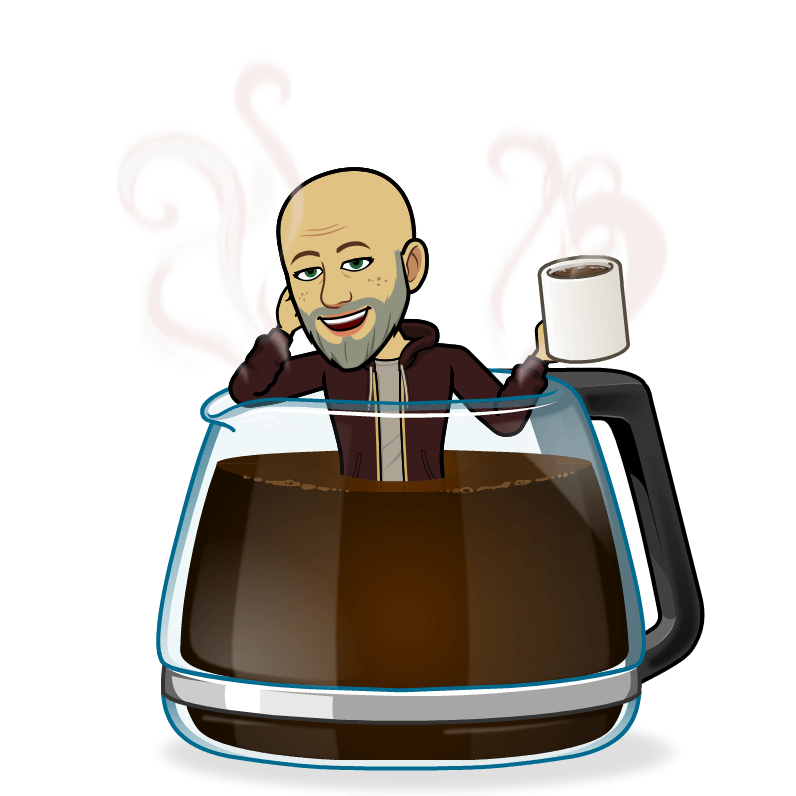

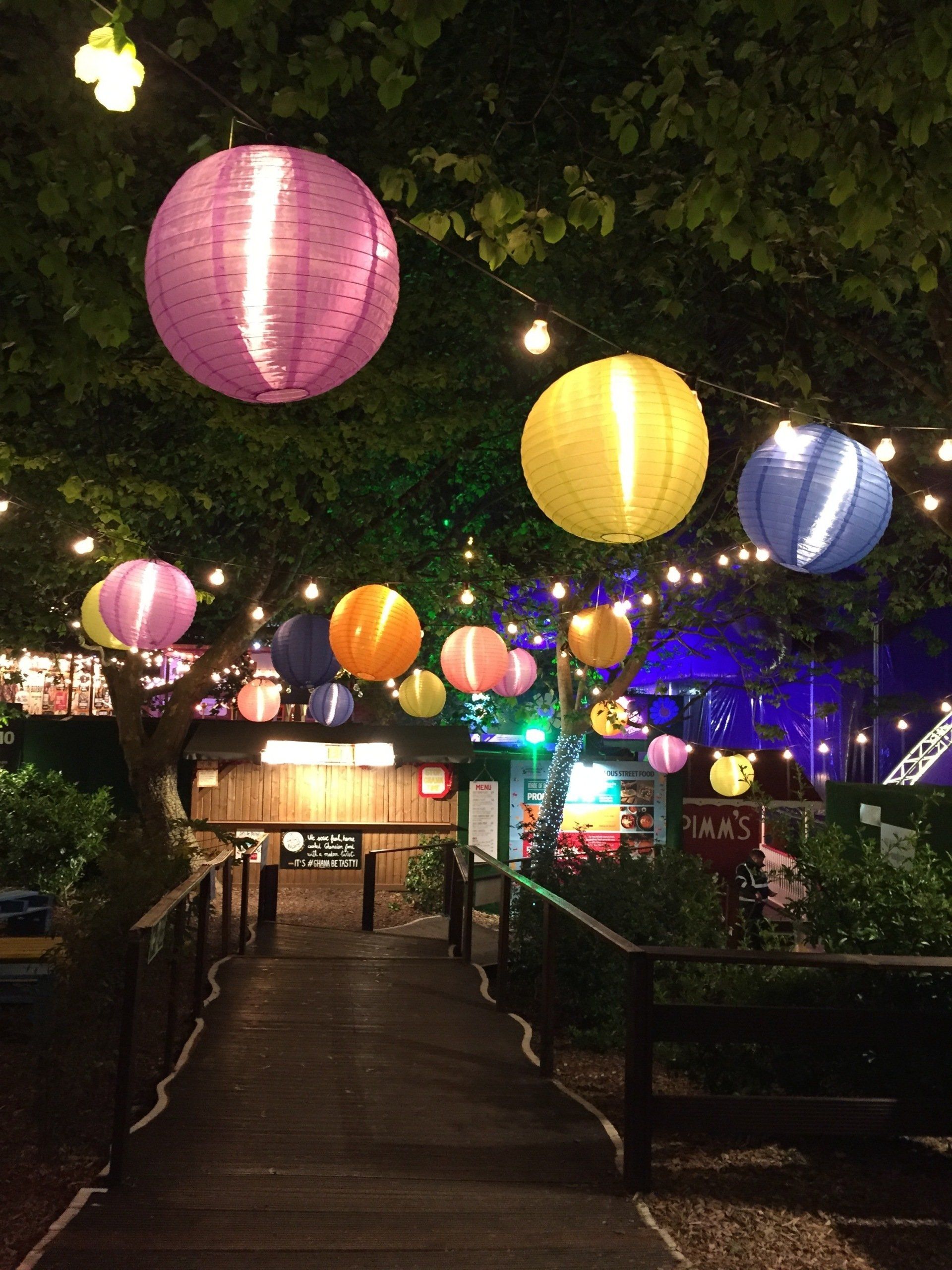
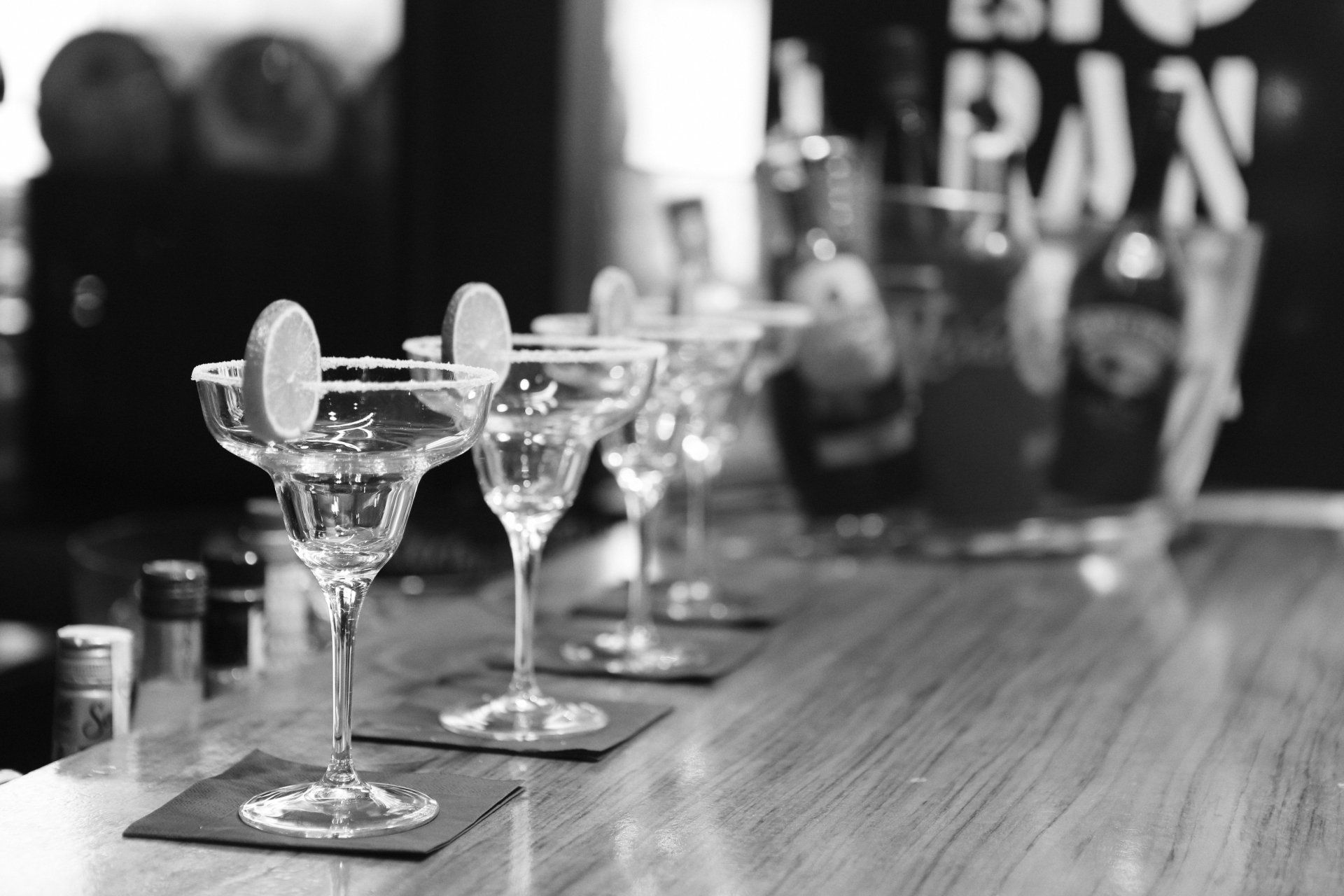
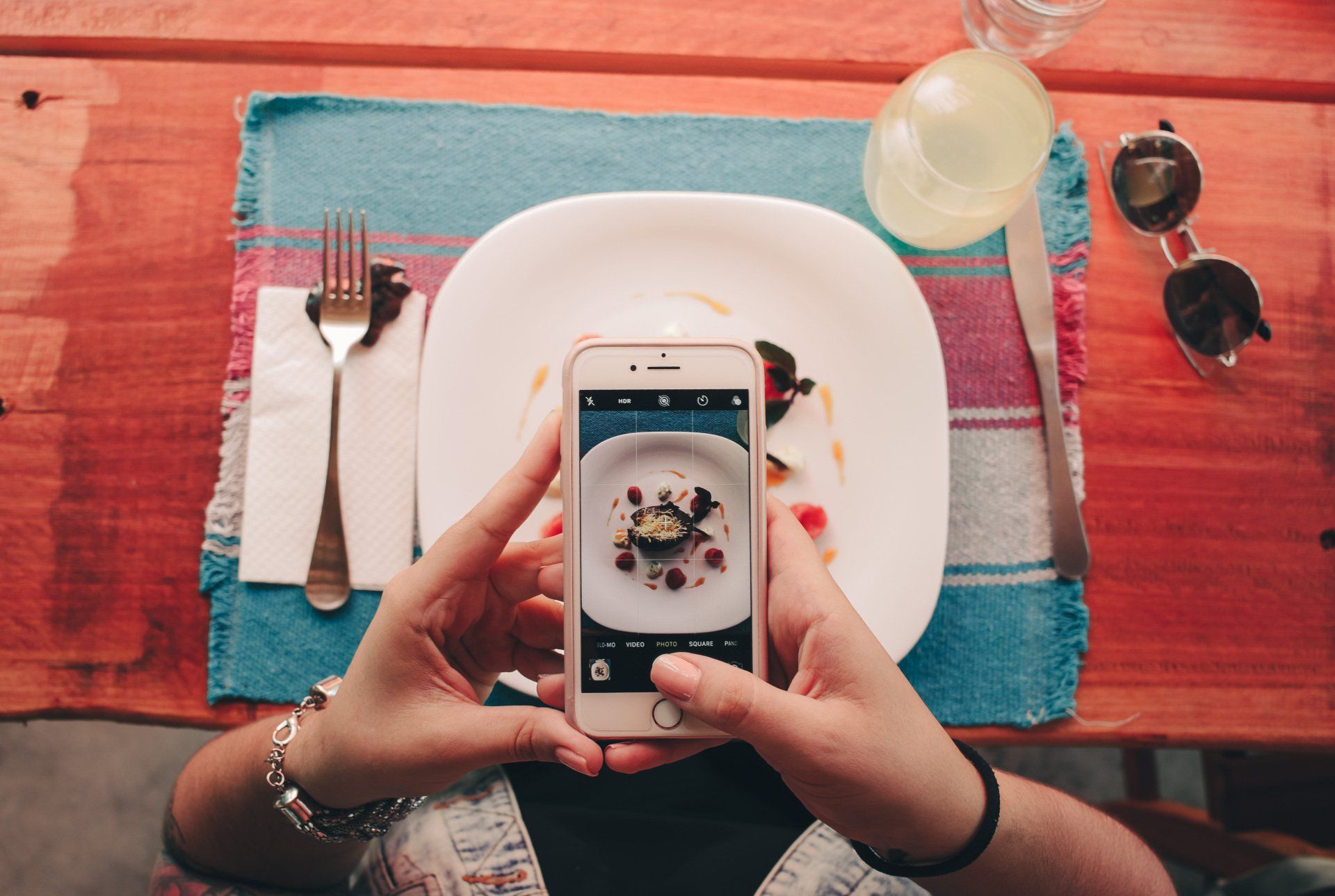
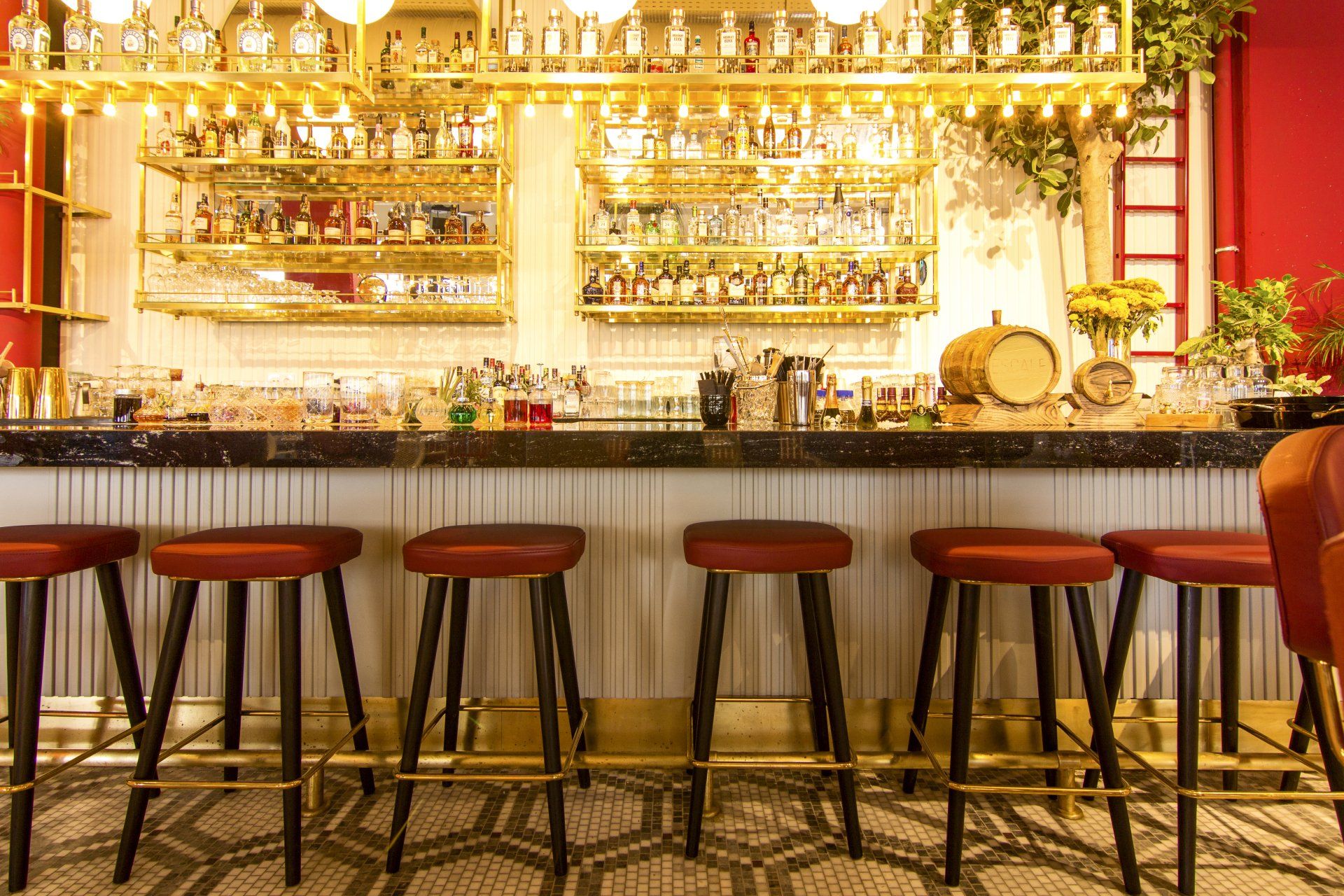
Don’t take our word for it

DEAN FITZMAURICE -
MAVAS T/A MCDONALD'S
Phil and the team have managed our social media channels for just over a year now. The service is very personalised, professional and targeted to our business needs. I would recommend them for any social media management requirements.

MARK BRYAN -
F&B FRANCHISEE DIRECTOR
Was a pleasure working with Phil on retail F&B brand projects like Costa Coffee and Kaspas Desserts from new concept launching new brands, products, new store openings to Group website design. He's a good guy to know and will help to build great awareness. Thank you Phil

SHANE SESAY -
CEO, SESAYS BAR & GRILL
It's 5 years since I was introduced to Phil who has been helping me ever since to grow my business by knowing how to use my website properly and my social media. Plus the importance of having client data or email marketing which has really helped Sesay's Restaurant/Bar to grow here in Liverpool.